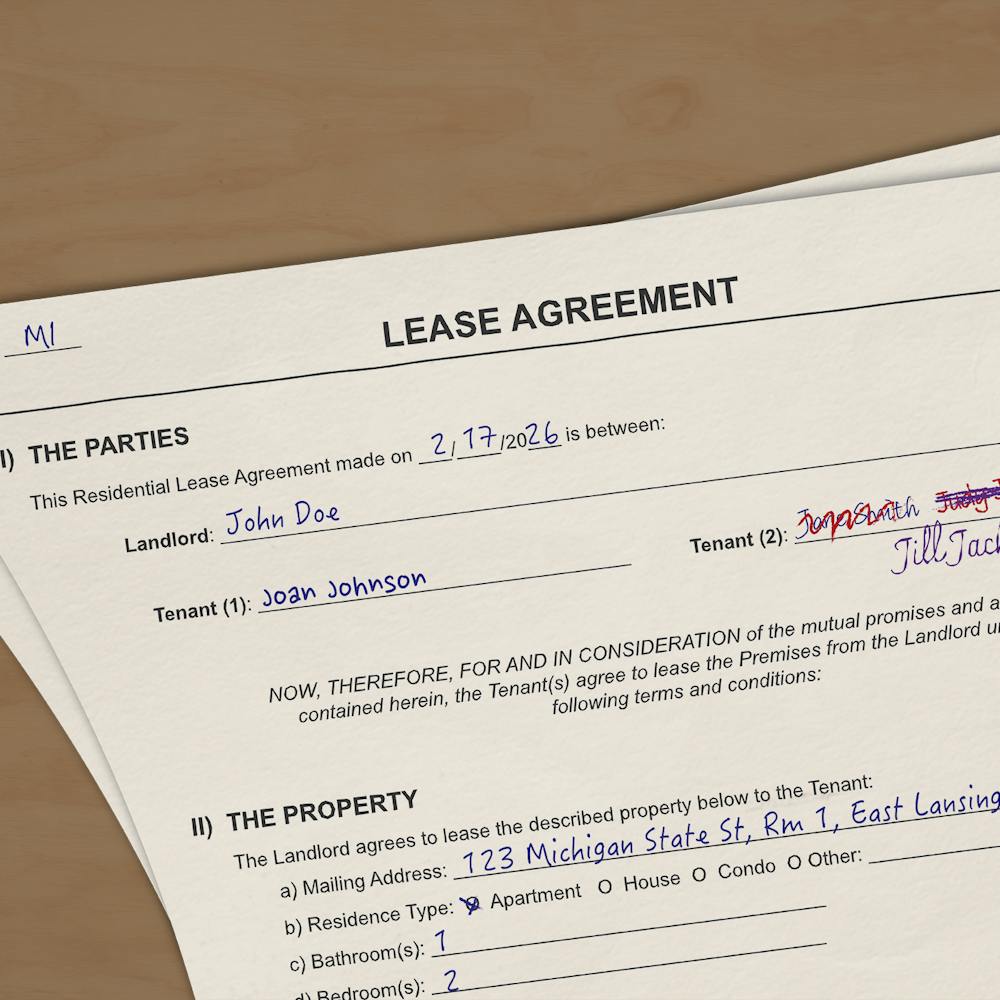The State Board of Canvassers approved a petition Wednesday to form a coalition of organizations and interest groups that would raise Michigan’s minimum wage from the current $7.40 to $10.10 by 2017.
The legislation could have a major impact on students, said Frank Houston, director of one of the coalition’s supporting groups.
“I think there’s a lot of working students in Michigan that’ll benefit greatly from that couple extra bucks an hour,” Houston said.
Houston, who also is chair of the Oakland County Democratic Party, said Republicans in the state legislature refused to entertain the idea of legislation to raise the minimum wage.
Supporters must garner at least 258,088 signatures for the petition by May 28 to introduce it to the state legislature.
Once introduced, lawmakers have 40 days to vote the bill into law. If the bill does not have enough support for House and Senate approval, the measure would appear on the November state election ballot as a referendum.
Individuals affiliated with the coalition said they believed there was overwhelming public support for a minimum wage increase.
It’s unclear how the petition, if it becomes law, would affect MSU’s operations.
Kinesiology sophomore Sona Dagley works in the Gallery at Snyder and Phillips halls. Although her family is supporting her through college, she said she puts the money she earns into a retirement fund.
She said she doesn’t think the minimum wage should be increased, despite the raise in pay it would bring her, because it would negatively impact the price of goods and services.
“If you’re paying for your own college and you’re only on minimum wage, then that’s when the raise of the minimum wage could be really helpful,” Dagley said.
There also is a nationwide effort to increase the minimum wage. Obama called for an increase in his State of the Union address, and a bill introduced in Congress calling for the raise was the subject of debate this week.
The non-partisan Congressional Budget Office released its analysis of the proposal Tuesday. The report said if the minimum wage was increased to $10.10 by the end of 2016, about 500,000 jobs would be lost nationally, but about 900,000 people would be lifted out of poverty.
Economic professor Charles Ballard said in a previous interview that there would be some job loss, but the overall impact would be positive.
“The percentage that will lose a job will be small relative to the increase in the minimum wage which will be received by those who maintain a job, which will be relatively large numbers,” Ballard said.
Support student media!
Please consider donating to The State News and help fund the future of journalism.
Discussion
Share and discuss “Minimum wage legislation could affect student jobs” on social media.






